Secondments
How to be seconded?
A researcher is temporarily transferred from one institution to another through a secondment. Secondments are used to do scientific research, innovation, and knowledge exchanges. The research allowance is worth €2,100 for each month of secondment. The European beneficiary institutions pays the research allowance to their staff member and to the visitors from partner institutions abroad. The allowance must be utilised to cover travel, per diem, and lodging costs. Secondments are going up until 31 January 2026.
For outgoing secondments, staff members from beneficiary institutions in Europe can go to partner institutions abroad. For incoming secondments, staff members from the University of Cape Town and the Pontificia Universidad Católica de Chile to come to beneficiary institutions in Europe.
A staff member can also be seconded from a partner institution abroad to one of the beneficiary institutions in Europe. The staff member has to secure a financing source outside of the GEOCEP project.
Here are the practical steps to follow before, during, and after a secondment:
Initiate a secondment
- Verify that you are eligible for a secondment.
- Discuss your proposition with the scientific contact of your institution, who will have to recommend it to the Coordinator.
- Obtain an invitation letter from a sponsor professor at one of the partner institution.
- Apply by filling in a form, which includes a secondment plan, to obtain a research allowance.
- Wait for the recommendation from the Local Scientific Contact and the Project Coordinator.
- Once your secondment is approved, buy a round-trip flight ticket to the destination of the host institution.
- Upload a copy of your flight ticket to your account to determine the start and end date.
Before a secondment
- Arrange for minimal support from the host institution for work facilities, legal procedures, and lodging assistance.
- Obtain the required visas for a secondment in the host institution's country (usually for a stay longer than 90 days).
- Contact the administrator at your European home institution to arrange the payment of the research allowance.
- Make sure you have travel and health insurance for the duration of your secondment and in the country where you will be.
During a secondment
- Complete and sign the declaration of secondment, then submit it to your account.
- Upload a scan of your outbound boarding passes to your account.
- Upload a scan of the university’s identity card from the host institution (if possible) and an official document from the host institution or proof of lodging. Documents should bear your name and be dated after your arrival.
- Work exclusively and full-time on research and training activities related to the project at the host institution. No additional work commitments will be permitted during the secondment. Periods of leave for reasons such as holiday, sickness or maternity are considered interruptions and cannot be financed.
- Deliver scientific outputs connected with the work package of your secondment plan.
- Acknowledge European Commission funding for related scientific outputs such as publications, working papers, theses, and so on.
- Contact the project’s administrator if you need to reschedule or interrupt your secondment.
After a secondment (within 20 days)
- Scan the boarding passes of your outbound flight and upload them to your account.
- Write on your account a post-trip report, in which you outline your scientific and knowledge exchange activities while on secondment.
- Include a sample of scientific output, such as a manuscript or a presentation, which contains an acknowledgment to the European Commission.
- Answer the mandatory questionnaire of the Research Executive Agency as feedback on your secondment.
- If you want a Marie Skłodowska-Curie Fellowship Certificate after your secondment, please complete the form on the website of the European Union. With this certificate, you can join the Marie Skłodowska-Curie Alumni association.
Other obligations
- To receive the research allowance, you must submit your travel, lodging, and subsistence expenses to the beneficiary institution.
- Acknowledge European Commission funding for related scientific outputs such as publications, working papers, theses, and so on.
- Answer the survey that the European Commission may send you to have feedback on your experience.
- The obligation to maintain confidentiality.
Information
-
Read the principles set out in the Commission Recommendation on the European Charter for Researchers and the Code of Conduct for the Recruitment of Researchers.
-
The arrangements related to the intellectual property rights during the implementation of the secondment and afterwards from the participating institutions.
Additionnal sources of funding
Special needs allowance
Staff members with long-term physical, mental, intellectual or sensory impairments can request an additional dedicated special needs allowance. Please contact the project management early in your application if you correspond to this situation.
Additional funding at Charles University
Staff members from Charles University can apply for additional funding to cover expenses related to their secondment. If a secondment exceeds three (3) months, you may apply for a travel stipend from the Hlávka foundation. For more information on how to apply, visit the Hlávka foundation website.
Financial support from the Rector’s Mobility Fund may be granted to both the student, the academic staff, and the visiting academic staff. The Mobility Fund generally issues two calls for funding applications per year, one with a deadline in March, and one in October. See the website for further details.
